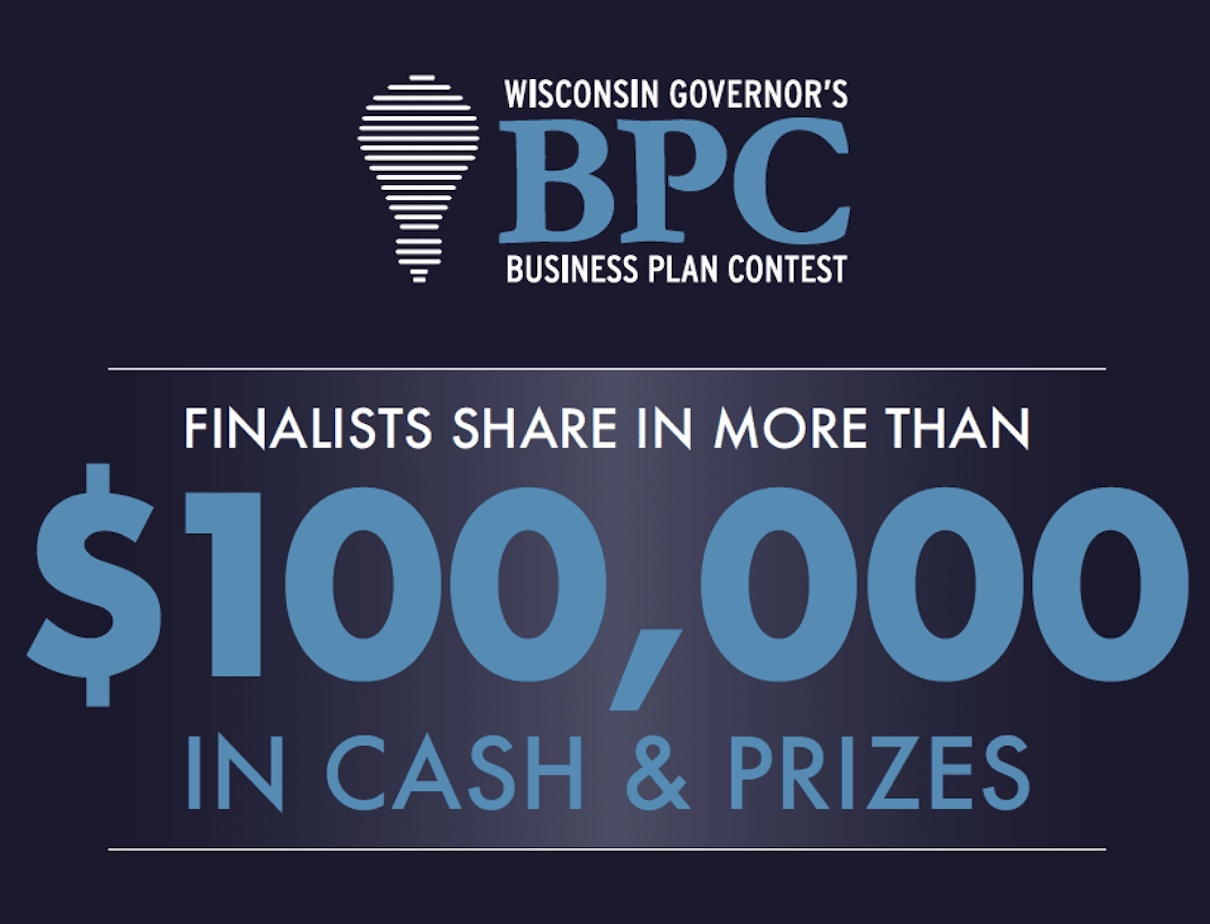Recently, I had the opportunity to pursue a Plain Language Certificate through UW-Madison. The experience was eye opening and has helped me hone in my messaging in emails and newsletters, as well as on websites.
I took the course with the goal of directly applying this to my position here at the Institute. I’ve found it difficult to explain what I’m doing for a job to my friends and family and even in my contacts early in my time at this position. The interesting thing about Economic Development is it is often hard to understand what economic developers do. I believe there are several reasons for this:
- Every economic development organization is funded and structured differently
- Economic development can encompass a wide variety of tasks and objectives: business retention and expansion, entrepreneurship, real estate development, tourism, housing, broadband, etc. (just to name a few!)
- Depending on how they are funded and structured, there are limits on what each organization can do, who they can work with, where they can spend funds and generally which sandboxes they can play in
- Leadership and directives are ever changing, with elections ushering in new people at the local, state and national levels on a regular basis; any one or any combination of these leaders can affect boards of directors, funding streams, initiatives and more
Working through the course, it helped me realize how all of these factors further complicate the economic developer’s communication process. We have to be extra clear to make sure people understand where we are coming from and why before we even attempt to try to accomplish a task or project with another organization.
I personally had never heard of the concept of Plain Language as a formal process until this course. However, this is not a new concept – in 2010, The Plain Act Writing Act of 2010 was passed and it requires federal agencies use clear government communication that the public can understand and use. Many other organizations such as universities have also adopted this practice. All of the guidelines are posted on this website. But in the days of TLDR, I’ll give you five plain language tips that stuck with me the most.
- Know who you are writing for before you start: This sounds simple, but identifying your specific audience before you write can help you focus your message more. It may also help you realize that you need to send out different messages to different groups if the information you are sending is too complex or does not relate to enough people.
- Always address your messages to ‘you’ or ‘we’ to motivate your readers: Even if you are sending a message to a large group, using ‘you’ and ‘we’ can help them understand that the message is meant for them and is important.
- Put the most important information first, which includes your active call to action: Try to focus on bringing your call to action to the beginning of your message and eliminate extra ‘nice to know info’ so you can focus on the ‘need to know info’.
- Simply your language as much as possible: The world of economic development is complex and we love our alphabet soup. “The local CDFI and EDO are exploring using CDGB grants and SLFRF dollars to help ESOs provide their B2C businesses with very important funding needed to get past the pandemic.” Yikes. Focusing on removing acronyms, using more common language , and taking out unnecessary modifiers could help readers understand this information better and faster.
- Design for readability: Presenting information in small, organized chunks will increase comprehension. You can use tables and lists for complex information.
Are you interested in learning more about Plain Language and pursuing some training yourself? The government website has several offerings listed. Additionally, there are tons of resources on YouTube and Goodreads has a list of Plain Language books on their website.
Keeping these five tips in your pocket can help us all simplify the complex Economic Development landscape. If you can’t tell by now, I love to discuss Economic Development and its challenges as well as opportunities. Connect with me on LinkedIn or drop me an email – let’s change the world.
BONUS: I was featured on the national Econ Dev Show podcast where I spoke about Plain Language, networking, and my favorite book, How to Be a Power Connector by Judy Robinett. Check out the podcast here!

